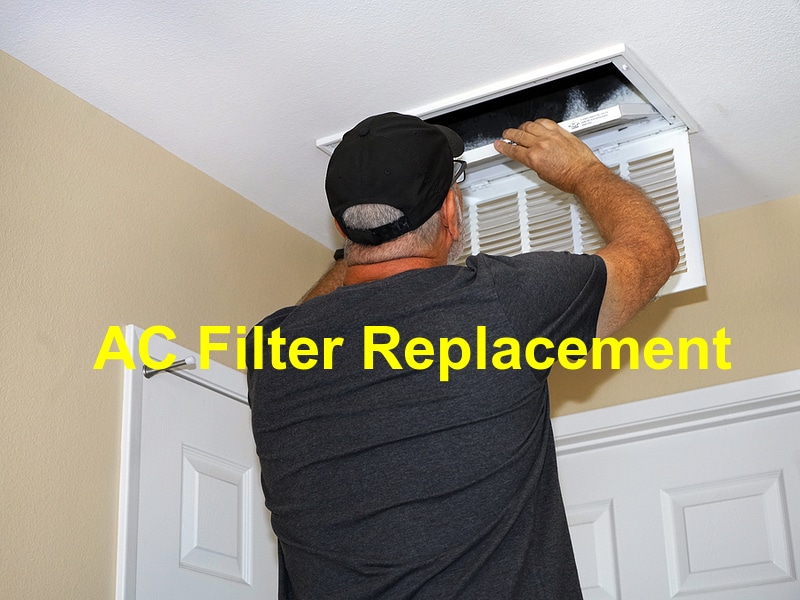One of the key components in maintaining a comfortable and healthy indoor environment is a well-functioning air conditioning (AC) system. And at the heart of every AC system is the air filter. The AC filter plays a crucial role in keeping the air clean by trapping dust, allergens, and other particles. Over time, however, the filter becomes clogged and less effective. In this blog post, we will discuss how to know when your AC filter needs to be replaced, ensuring optimal performance and indoor air quality.
Understanding the Importance of AC Filters
Before delving into the signs of a worn-out filter, it’s essential to understand the importance of AC filters. These filters act as the first line of defense against airborne contaminants, preventing them from circulating in your home. By capturing dust, pollen, pet dander, and mold spores, the filter helps maintain a cleaner and healthier indoor environment.
Monitoring Filter Lifespan
AC filters come in different types, including fiberglass, pleated, and electrostatic filters, each with its own lifespan. On average, AC filters should be replaced every 30 to 90 days. However, this timeframe may vary based on factors such as the filter type, environmental conditions, and the number of occupants or pets in your home. It’s crucial to refer to the manufacturer’s guidelines and consult with HVAC professionals for specific recommendations.
Decreased Airflow and Efficiency
One of the primary indications that your AC filter needs replacement is decreased airflow and reduced system efficiency. As the filter becomes clogged with dirt and debris, it restricts the passage of air, causing your AC system to work harder to maintain the desired temperature. If you notice weak airflow or that your AC is taking longer to cool your space, it’s likely time to replace the filter.
Visible Accumulation of Dirt and Debris
Inspecting your AC filter regularly can provide a clear indication of its condition. Remove the filter from its slot and hold it up to the light. If you can visibly see a layer of dirt, dust, or debris coating the filter, it’s a definite sign that it needs replacement. Additionally, if the filter appears discolored or stained, it may indicate the presence of mold or mildew, necessitating immediate replacement.
Increased Allergy Symptoms or Dust Buildup
If you or your family members start experiencing unexplained allergy symptoms, such as sneezing, coughing, or itchy eyes, it could be a result of a dirty AC filter. A clogged filter fails to effectively trap allergens, allowing them to circulate in your indoor air. Moreover, if you notice an increase in dust buildup on surfaces despite regular cleaning, it might be a sign that your AC filter is no longer adequately capturing airborne particles.
Conclusion
Regularly replacing your AC filter is vital for maintaining optimal indoor air quality and the efficient functioning of your AC system. By monitoring the signs mentioned above, you can ensure that your filter is always clean and effective. Remember to consult your HVAC professional for specific recommendations and to follow the manufacturer’s guidelines for your AC system. By prioritizing filter maintenance, you can breathe easy knowing that your home is a healthy and comfortable sanctuary.
References: Superior Homes, Petro.com

